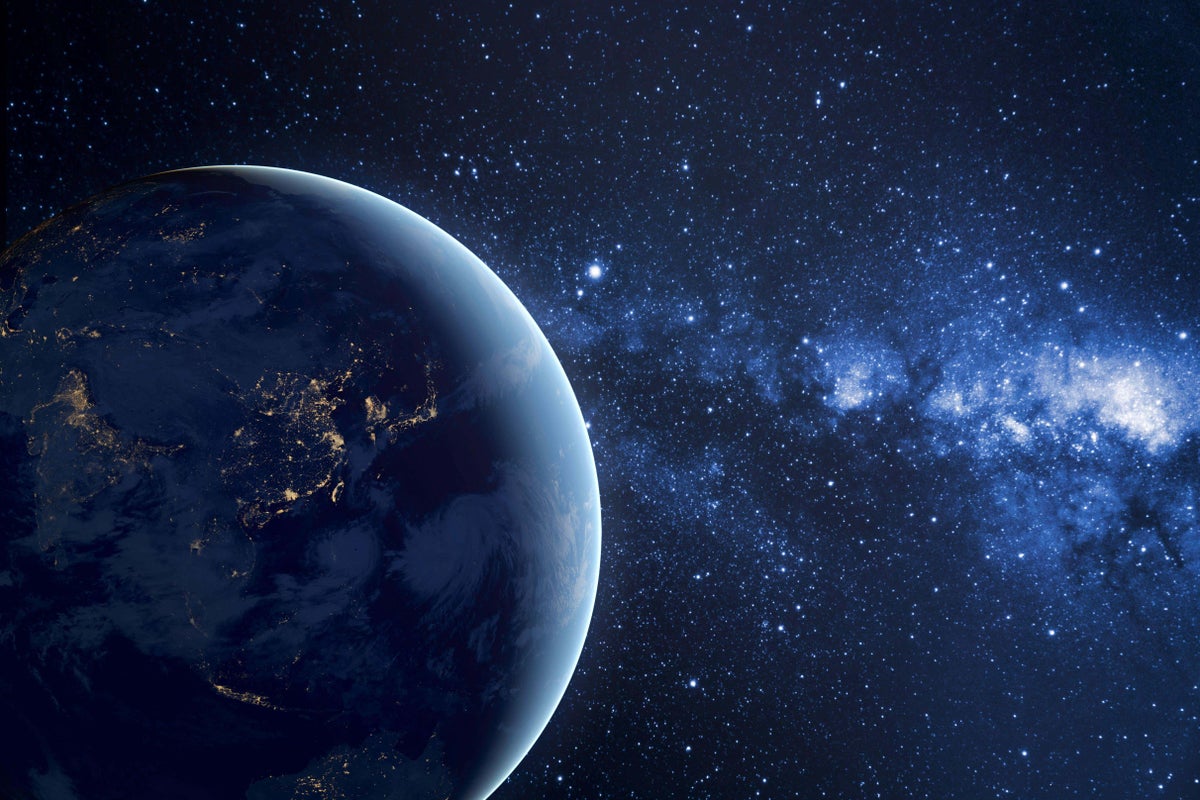Your support helps us to tell the story
From reproductive rights to climate change to Big Tech, The Independent is on the ground when the story is developing. Whether it’s investigating the financials of Elon Musk’s pro-Trump PAC or producing our latest documentary, ‘The A Word’, which shines a light on the American women fighting for reproductive rights, we know how important it is to parse out the facts from the messaging.
At such a critical moment in US history, we need reporters on the ground. Your donation allows us to keep sending journalists to speak to both sides of the story.
The Independent is trusted by Americans across the entire political spectrum. And unlike many other quality news outlets, we choose not to lock Americans out of our reporting and analysis with paywalls. We believe quality journalism should be available to everyone, paid for by those who can afford it.
Your support makes all the difference.Read more
The seeds of life on Earth might have come from outer space – and might be widespread throughout the rest of the universe, scientist say.
Researchers have found complex organic molecules in a disc around a “protostar” in a major breakthrough. Those molecules are seen as the precursors to the building blocks of life, which go on to become sugars and amino acids that are then combined into the complex flora and fauna that surrounds us.
Researchers have found such complex organic molecules in other places before. But the new findings fill in a previously mysterious missing link – one that could suggest that life is more abundant than we realise.
When cold protostar becomes a young star, surrounded by a disc of dust and gas, it is a violent process that includes intense radiation and the hurling out of gas. Researchers had been concerned that the extreme nature of that process could “reset” the chemical compounds available around a star, meaning that they would have to be formed in the discs that at the same time are making planets.
But the new findings suggest that complex molecules can stick around through that process, meaning they will be inherited by the discs that follow.
The findings are reported in a new study, ‘A deep search for Complex Organic Molecules toward the protoplanetary disk of V883 Ori’, published in the The Astrophysical Journal Letters.
